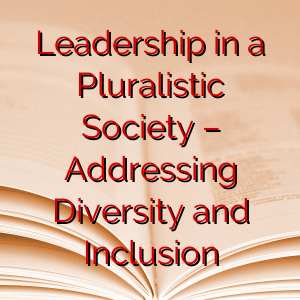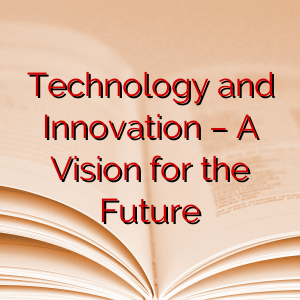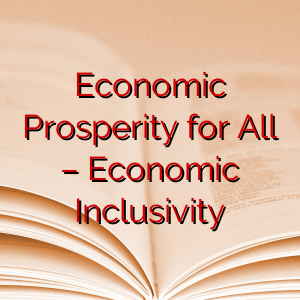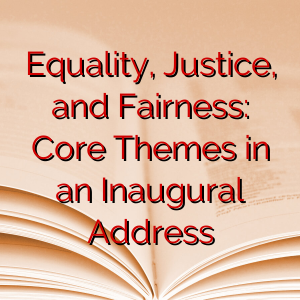Education and Cultural Awareness – Fostering Inclusivity
Education and cultural awareness are powerful tools in building an inclusive society. As a leader delivering an inaugural address, you have the opportunity to emphasize the role of education and cultural understanding in fostering unity and inclusivity in a diverse nation. This essay explores the significance of these elements and how they can be highlighted in your inaugural address to inspire a more harmonious and inclusive society.
The Role of Education and Cultural Awareness
Education and cultural awareness play a pivotal role in building an inclusive society:
- Education: Education is the cornerstone of opportunity and empowerment. It provides the knowledge and skills necessary for personal and professional growth, and it can break down barriers that divide society.
- Cultural Awareness: Cultural awareness involves recognizing and respecting the diverse cultural backgrounds and traditions within a society. It fosters understanding and appreciation for different ways of life and perspectives.
Challenges to Fostering Inclusivity through Education and Cultural Awareness
While education and cultural awareness are essential, there are challenges that hinder their effectiveness:
- Educational Disparities: Socioeconomic disparities can limit access to quality education and hinder inclusivity.
- Cultural Prejudice: Prejudice and stereotypes can lead to misunderstandings and divisions among cultural and ethnic groups.
- Access to Cultural Education: Some individuals may have limited access to opportunities to learn about and appreciate different cultures.
Emphasizing Education and Cultural Awareness in Your Inaugural Address
In your inaugural address, you can emphasize the importance of education and cultural awareness by:
- Recognizing the Power of Education: Begin your address by acknowledging the transformative power of education in promoting equality and inclusivity. Highlight its role in breaking down barriers.
- Equal Access to Quality Education: Stress your commitment to ensuring equal access to quality education for all citizens, regardless of their background or economic circumstances.
- Promoting Multicultural Education: Discuss the importance of multicultural education within schools to foster understanding and respect for diverse cultures.
- Cultural Exchange Programs: Advocate for cultural exchange programs that allow citizens to engage with and learn from people of different cultural backgrounds.
- Cultural Celebrations: Highlight the importance of cultural celebrations and events that showcase the diversity of the nation. Encourage citizens to participate and learn from these experiences.
- Anti-Bias Education: Promote anti-bias education that teaches tolerance and respect for individuals of different backgrounds.
- Cultural Heritage Preservation: Emphasize the significance of preserving cultural heritage and traditions within the nation, ensuring that they are passed down to future generations.
- Global Education: Discuss the importance of global education, which can broaden perspectives and promote understanding of international cultures and issues.
- Promoting Cultural Inclusivity: Advocate for social inclusion and diversity in various sectors of society, including government, businesses, and educational institutions.
- Lifelong Learning: Encourage lifelong learning and the pursuit of cultural awareness as an ongoing process for all citizens.
Conclusion
Education and cultural awareness are powerful tools for fostering inclusivity and unity in a diverse nation. By emphasizing the importance of education, equal access, and cultural awareness in your inaugural address, you can inspire a shared commitment to building a more harmonious and inclusive society where citizens are empowered to embrace and appreciate the diverse cultural tapestry that makes the nation unique.

Hello! Welcome to my Blog StudyParagraphs.co. My name is Angelina. I am a college professor. I love reading writing for kids students. This blog is full with valuable knowledge for all class students. Thank you for reading my articles.




